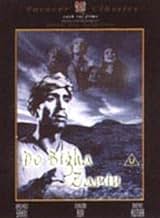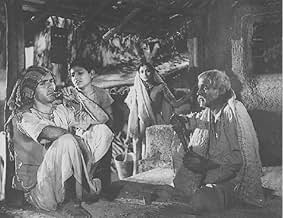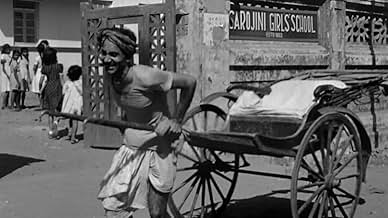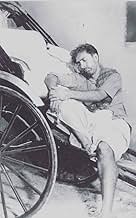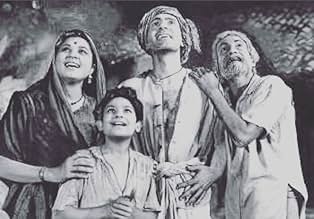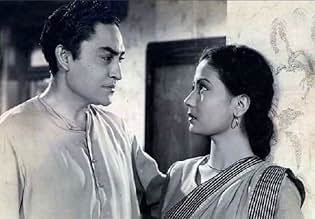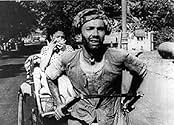Post world war II, cinema was deeply influenced by the Italian realist wave. Rosselini and Visconti's hard hitting social commentary and De Sica's day-to-day struggle changed film-making like never before (or since). This wave gave birth to directors like Kurosawa, Fellini and Ray. One of the Indian masterpieces of those days was Bimal Roy's Do Bigha Zamin, which can arguably be termed as the Indian answer to De Sica's The Bicycle Thief.
This film has it's heart in the right place. The indivisible nature of the family, all of whose members work towards the fulfillment of a single objective, which is the fabric of Indian society, is the beauty of the film. All of the members- Shambhu, his wife, his father and son, intend to alleviate his situation and try to contribute in every way possible. The film ends in a sad satirical note, which is the principle characteristic of neo-realistic cinema.
Story apart, the most beautiful aspect of the film is the spirit with which on upholding of one's dignity and self esteem in the most perturbing situations. Though, the protagonist, Shambhu could have executed his task easily many ways, he opts for the most ethical choice of all- hard work. It is quite evident that Do Bhiga Zamin has been influenced by (and has influenced) cinema spanning different geographical, linguistic, and social backgrounds, but it still has a firm foot in its culture.


